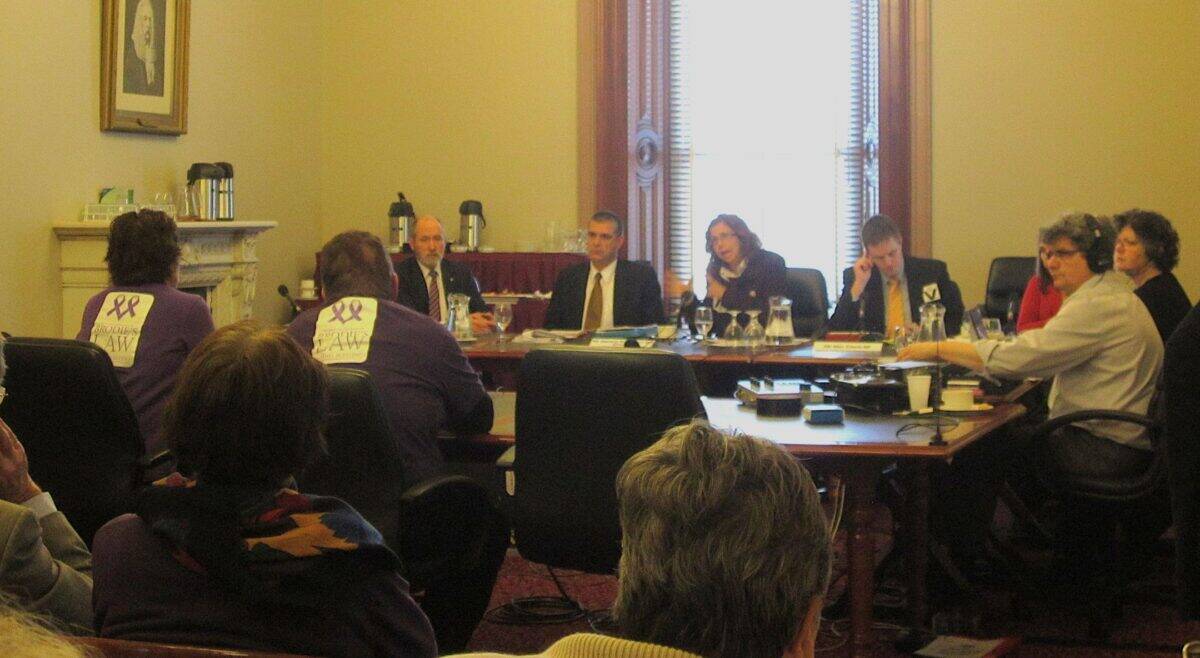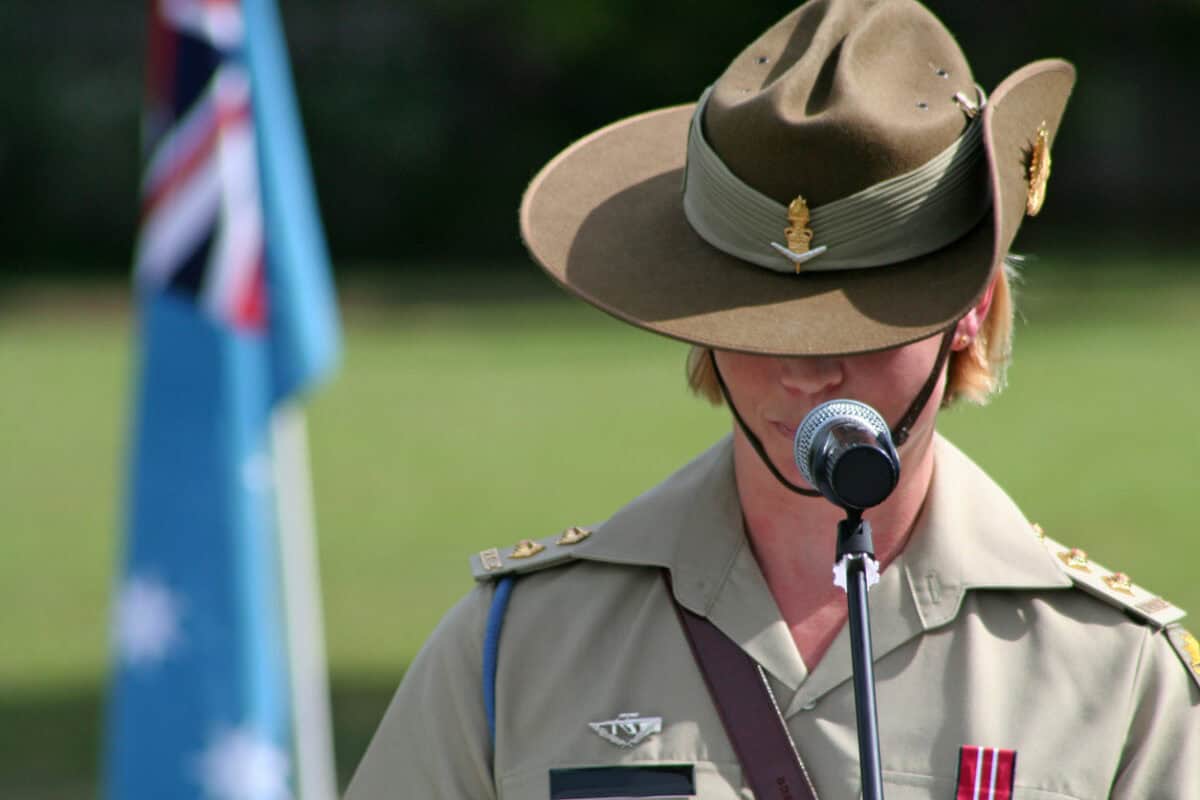Last month, the Sunday Times published an article with a concerning headline: “Resilience training for Gen Z is booming — and that’s no bad thing” (paywalled). Resilience training for psychological safety at work has not been discredited, but there is plenty of evidence showing it is insufficient and inappropriate as a primary strategy for preventing psychological harm. This evidence is being reflected in Australia’s Codes and guidance for managing psychological safety.
Category: young
Unsafe Back Then, Unsafe Now. Why Leadership Must Change
To truly understand occupational health and safety (OHS) issues, it is necessary to examine OHS concerns beyond one’s own industry. Recently, this blog has reported on some parliamentary debates on OHS in the horse racing industry. The November edition of The Monthly includes an exposé of the OHS of Australia’s horse racing industry by freelance writer, Madison Griffiths, with lessons for all of us on morality, Godliness, accountability and leadership. The article is paywalled but well worth the purchase.
Training Alone Won’t Protect Electrical Apprentices
In August 2025, the Electrical Trades Union (ETU) released some disturbing occupational health and safety (OHS) statistics involving electrical apprentices. The story was picked up by the Australian Broadcasting Corporation in October, Australia’s Safe Work Month. The focus was on improving safety training for apprentices; however, this focus is primarily on lower-order hazard controls and overlooked employer OHS obligations. I contacted the ETU and EnergySafe Victoria. The ETU didn’t get back to me but below is EnergySafe’s informative response.
If you think psychosocial hazards are a nonsense, learn about Brodie Panlock
Next year marks the 20th anniversary of the death of Brodie Panlock. I have been thinking of her a lot over the last few months as Victorian employers (finally) start to seriously consider their legislative obligations to provide a mentally safe and healthy work environment. I wonder whether the new psychosocial safety regulations had been in place in 2005-06, Brodie Panlock would have lived.
[Note: This article discusses issues related to suicide.]
When Safety Is Optional: The OHS Blind Spot in Childcare Abuse Reform
Improvements in safety and health at work are almost always begun after fatalities, catastrophes and scandals. This says much about the prominence of occupational health and safety (OHS) in Australian society. The latest industrial scandal is in the childcare industry. Non-compliance with safety requirements was exposed in March 2025, but now allegations of sexual abuse of babies, toddlers and children have been levelled against several workers. The industry and the governments that oversee it are struggling to identify solutions. OHS can provide a legal and managerial framework, as determined in a safety review published only last week.
Fear, Trust, and the Cost of Control
CCTV cameras on a cash register may deter theft due to the fear of consequences, such as discipline or dismissal, but they also communicate a lack of trust. If the aim is to prevent physical actions like theft, they work. But can they prevent occupational health and safety (OHS) breaches like sexual abuse in childcare centres?
Changing the Unchangeable? – Reforming Culture in the Australian Defence Forces
Many people in Australia are asking why any woman would consider a career in the military, given the considerable risk of sexual harassment, abuse and assaults. Occupational health and safety (OHS) and risk management disciplines often draw on many of the risk assessment processes and principles from the defence forces; however, there appear to be significant and intransigent risks in that sector.
Note: This article mentions suicide







